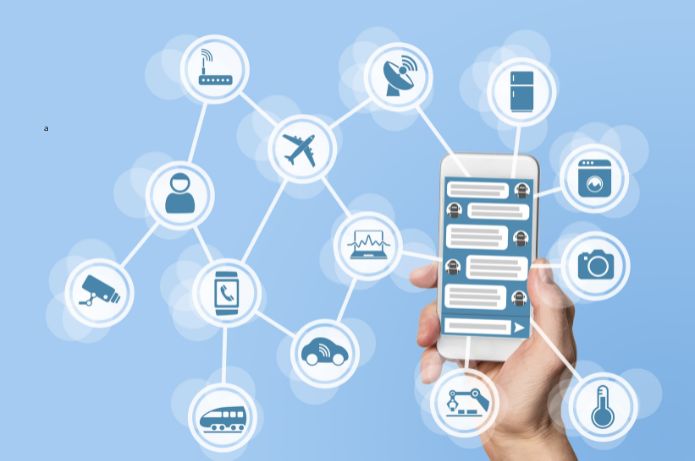In the ever-evolving landscape of e-commerce, product customization is emerging as a transformative trend that is redefining the way consumers shop online. With the advent of 3D printing technology, on-demand customization is becoming increasingly accessible, allowing consumers to create unique products that reflect their individual preferences and needs. This article explores the growing role of product customization in e-commerce, with a particular focus on on-demand 3D printing.
The Power of Personalization:
Personalization has long been recognized as a powerful marketing tool, enabling brands to create deeper emotional connections with their customers. In the realm of e-commerce, product customization takes this concept to a new level. By giving consumers the ability to customize products to their exact specifications, brands can offer truly unique experiences that cater to the unique desires of each individual. Whether it’s a pair of sneakers with a custom design or a piece of jewelry with a personal touch, personalized products allow self-expression and promote a sense of ownership and connection with the brand.
On-Demand 3D Printing:
On-demand 3D printing is at the heart of the product customization revolution in e-commerce. This innovative technology enables the creation of customized products quickly, efficiently, and economically. Unlike traditional manufacturing methods that often require expensive molds and production setups, 3D printing allows for the creation of individual products on-demand. This means that brands can offer a high level of customization without incurring the costs and risks associated with maintaining large stocks of personalized products.
Simplifying the Customization Process:
To fully capitalize on the potential of product customization, e-commerce brands are investing in tools and platforms that simplify the process for consumers. Intuitive customization interfaces, interactive 3D visualizers, and guided customization options are making it easier than ever for customers to create products that meet their specific preferences. By eliminating complexity and making customization accessible to all, brands can attract a broader audience and encourage greater customer engagement.
Sustainable and Ethical Production:
Customizing products through on-demand 3D printing also offers significant benefits in terms of sustainability and ethical production practices. By creating products only when requested, brands can reduce the waste associated with overproduction and unsold inventory. Additionally, the decentralized nature of 3D printing allows production to occur closer to the end consumer, reducing the carbon footprint associated with transportation. As consumers become increasingly aware of the environmental and social impact of their purchasing decisions, on-demand customization offers an attractive alternative to traditional mass production models.
Collaborations and Co-creation:
Product customization in e-commerce is also opening up new opportunities for collaborations and co-creation between brands and consumers. By inviting customers to participate in the design process, brands can leverage their creativity and insights to create truly original products. These collaborations not only result in highly personalized products but also foster a sense of community and loyalty among customers. By becoming co-creators, consumers feel more invested in the brand and are more likely to become lifelong ambassadors and advocates.
The Future of Product Customization:
Looking ahead, product customization in e-commerce is poised for explosive growth. As 3D printing technologies continue to advance and become more accessible, it is expected that more and more brands will adopt on-demand customization as a competitive differentiator. Additionally, the integration of artificial intelligence (AI) and machine learning promises to take customization to new heights, enabling hyper-personalized recommendations and AI-assisted design experiences. As consumers become accustomed to the idea of personalized products, customization is likely to become an expectation rather than a luxury, fundamentally redefining the nature of e-commerce.
Product customization, driven by on-demand 3D printing, is reshaping the e-commerce landscape. By empowering consumers to create products that are truly their own, brands can forge deep emotional connections, encourage customer loyalty, and differentiate themselves in an increasingly competitive market. As technology continues to evolve and consumers embrace the promise of customization, the future of e-commerce appears to be one where each product is as unique as the individual who purchases it. Whether a unique fashion accessory or a personalized household item, product customization is set to reshape the way we shop online, one 3D print at a time.







